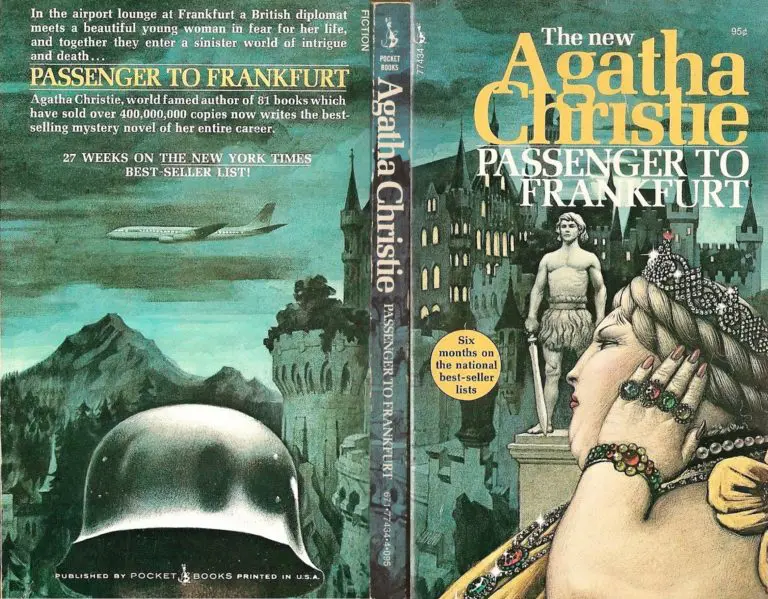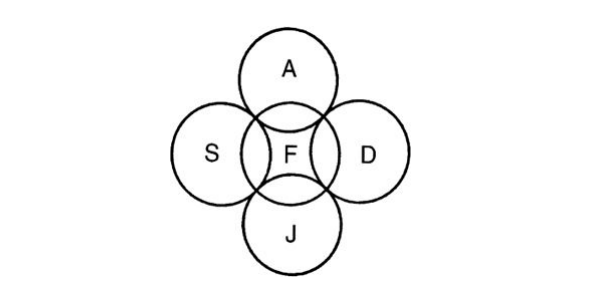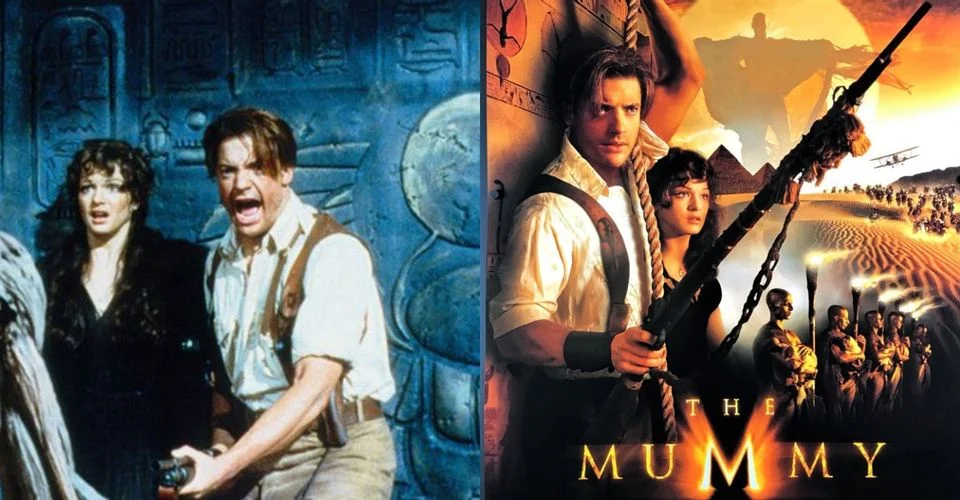Agatha Christie, as compelling as Fortnite...
On finishing Agatha Christie’s “Passenger to Frankfurt”, some thoughts…
I have a huge TBR ( To Be Read ) pile of books, to the extent that really it’s at least one set of bookshelves, rather than a mere pile. But also I have a relatively poor memory, and relatively poor focus, so unless a book is especially engaging it can be a struggle to read rather than a joy. Or if it’s a more serious work then I end up with a list of semi-intelligible notes, sometimes they’re converted into a more useful format, sometimes they’re the start of a new pile.
Also I tend to have an opportunity to read only before going to sleep, which isn’t when I’m at my most intellectually active, so reading has been put to one side more and more for me.
Instead, if it’s late at night and I want to specifically do something unproductive/relaxing, I’ll play a video game … most recently I’m been enjoying Fortnite. It’s a weird First Person Shooter game using the Battle Royale format, I’ll play for an hour or so alongside random strangers, and random bots. While the setting doesn’t really make sense… to the extent that I can’t even summarise what I think it is here… it’s easy to play, always engaging, there’s always a threat of the situation changing dramatically, and overall it’s just fun.

small squad combat with product placement and pretty colours
Fortnite doesn’t make sense in exactly the kind of way that I’d find disconcerting in any other media - the setting is almost entirely constructed just for the Battle Royale style of gameplay to be used… but for an otherwise engaging video game, that’s not a problem… fine, I’ll wander through an ever-shrinking wilderness of small arms, abandoned vehicles, and power-ups… continually trying to figure out if I should drink, eat, fire, or throw anything I pick up at or with the dancing mini-skirted unicorns by my side.
Weirdly… Agatha Christie’s Passenger to Frankfurt is much the same.

the best selling mystery novel of her entire career
I was gifted this book via the excellent service from Prudence and the Crow, very nicely wrapped and presented, and definitely in their “pre-loved, but not falling apart” condition. The book’s official blurb sums it up nicely…
A middle-aged diplomat is accosted in an airport lounge and his identity stolen…
Sir Stafford Nye’s journey home from Malaya to London takes an unexpected twist in the passenger lounge at Frankfurt – a young woman confides in him that someone is trying to kill her.
Yet their paths are to cross again and again – and each time the mystery woman is introduced as a different person. Equally at home in any guise in any society she draws Sir Stafford into a game of political intrigue more dangerous than he could possibly imagine.
In an arena where no-one can be sure of anyone, Nye must do battle with a well-armed, well-financed, well-trained – and invisible – enemy…
From the very start, it’s a really engaging, and I found it very easy to read. I’d open it up just to read one of its short chapters, and two pages later realise I’d actually read forty. For the duration of the book I couldn’t determine why the book worked in that way for me, but I never felt the need to either look up a word or reference, or felt that an over-simplified description had left a part of the world frustratingly unexplained. In addition the story is the mystery above, which is revealed very slowly by intriguing characters, in a time ( 1970s Europe ) that is so long ago it is a familiar yet historical setting.
And then, about half way through, it starts to fall apart. Christie’s experience as a writer of whodunnits and very personal conspiracies, rather than international schemes, becomes obvious; and this has the feeling of a book written by someone with an immense reputation, where an editor can’t push back on narrative choices. Similarly the apparent main character or characters of the book kind of disappear around this half way point; and the plot maybe jumps the shark. Although, I don’t know, contrary to many of the online reviews I’ve read, I think the almost fantastical conspiracy plot kind of works.

the plot... and I don't think this is a spoiler
Once the nature of the conspiracy, and its context, becomes apparent, it feels as though a lot of the action happens “off-screen” - massive international upheaval is alluded to, but only by characters in meetings or over dinner. Occasionally I’ll relax my brain by watching some terrible late night movie, where two characters, in an unnecessarily tight shot, will allude to a massive catastrophe happening somewhere off-screen. Or a single room will be used to representing a building, a city, even a country. Those connections came to me more than once as the book unfolded.
But I kept reading and enjoying the book to the very end, although it does kind of stop rather than reach a conclusion. I should say more but haven’t really pointed out specifics because, despite my reservations, you might want to try this book too. I often read, or plan to read, to learn something new or gain an insight or expand my knowledge… unlike any of those aims Passenger to Frankfurt is just an enjoyable, yet weird, ride.
While it gives away the plot, this review by “furrowed middlebrow” goes into more depth on the book and its context. That blog post highlights that Christie might not have been at her best when writing the book, being 80 when it was published. Maybe that’s why I found it so easy to read, especially if I was picking it up at times when arguably I should have been asleep.

I would be genuinely intrigued to see this as a movie...
In writing this post I’ve done the bare minimum of research, to make the most of the book I suggest you do too…
Or wait for the film, as the official Agatha Christie website points out, unlike much of her other work this book has not been adapted… yet. Personally I think it would make a great “romp”, something like The Mummy perhaps…
- Content warnings: one of the available book covers is particularly challenging if you’re an arachnophobe, the attitudes throughout the book are a little “of their time”, including one racial slur right near the end.
